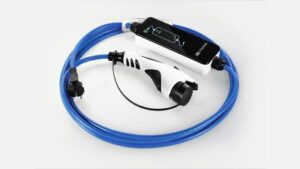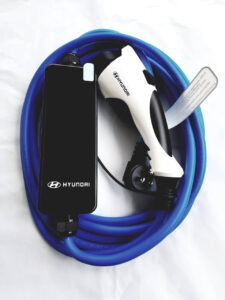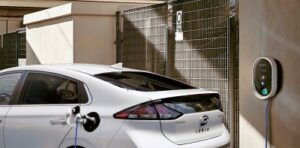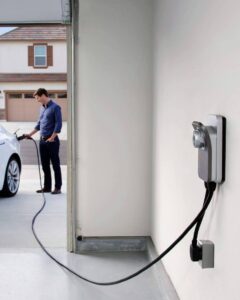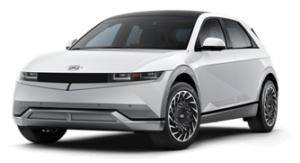 Headquartered in Seoul, South Korea, Hyundai Motor Company is a well-known, multinational automotive manufacturer. Hyundai was founded in 1967 and now operates the world’s largest integrated automobile manufacturing facility. The facility has the ability to produce 1.6 million units a year which are sold in 193 countries through over 5,000 dealerships and showrooms.
Headquartered in Seoul, South Korea, Hyundai Motor Company is a well-known, multinational automotive manufacturer. Hyundai was founded in 1967 and now operates the world’s largest integrated automobile manufacturing facility. The facility has the ability to produce 1.6 million units a year which are sold in 193 countries through over 5,000 dealerships and showrooms.
The Cortina was the company’s first model released, in cooperation with Ford, in 1968. In 1975, Hyundai released the first South Korean car, the Pony. The first generation produced over 290,000 units and came in many different body styles from a 2-door coupe to a 5-door station wagon.
Today, Hyundai has over 20 models of vehicles including 3 all electric vehicles, 2 plug-in hybrid vehicles, and 6 hybrid vehicles. As of January 2022, their most anticipated electric vehicle is the Ioniq 5 which boasts space, comfort, and power.
Hyundai and the Environment
Hyundai’s scientists at their Eco-Technology Research Institute are conducting studies and taking charge of their green energy initiatives. On the look out to create new ways of lowering air pollution, they are inventing more efficient electric-motor systems.
Blue Drive was start by Hyundai to guide the company in its efforts to become a leader in sustainability. It refers to cars that are powered by fuel-saving emissions-reducing powertrains as well as the innovative powertrains that cut fuel consumption and emissions. Blue Drive’s goal is to give customers lower pollution and higher performance vehicles.
Hyundai Electric & Plug-in Hybrid Vehicles
The first electric car ever created by Hyundai was the BlueOn. Produced in 2009, the BlueOn had an all-electric range of 87 miles and a top speed of 81 mph. Now the company is producing all-electric and plug-in hybrid vehicles that have 170 to 620-mile ranges.
Hyundai All-Electric Vehicles
KONA Electric
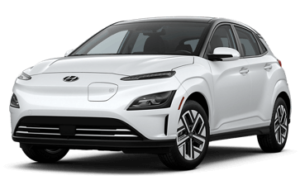
All-electric SUV
Power (hp/kW): 201/150
Trims: SEL & Limited
City/Hwy/Combined: 132/108/120
IONIQ Electric
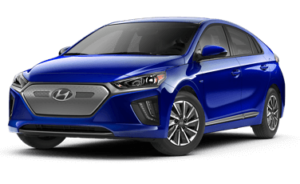
All-electric Hatchback
Power (hp/kW): 134/100
Trims: SE & Limited
City/Hwy/Combined: 145/121/133
| Model | Driving Range | Level 1 Charging Time (120V) | Level 2 Charging Time (240V) |
|---|---|---|---|
| 2022 KONA Electric | 258-mile range | 50 hours (full charge) Est. 5 miles per hour |
9 hours 35 minutes (full charge) Est. 27 miles per hour * |
| 2021 IONIQ Electric | 170-mile range | 27 hours (full charge) Est. 6 miles per hour |
5 hours (full charge) Est. 28 miles per hour * |
| 2022 IONIQ 5 (coming soon) | 260 to 300-mile range | TBD | TBD |
Hyundai Plug-in Hybrid Vehicles
TUCSON Plug-in Hybrid
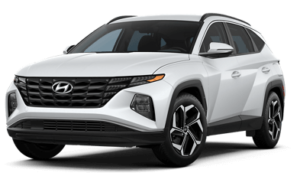
Plug-in Hybrid
Combined: 261 hp
Trims: SEL & Limited
MPG: 35
SANTA FE Plug-in Hybrid
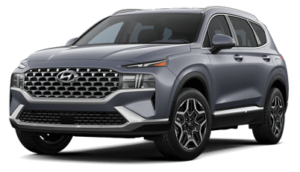
Plug-in SUV
Combined: 261 hp
Trims: SEL Convenience & Limited
MPG: 33
IONIQ Plug-in Hybrid
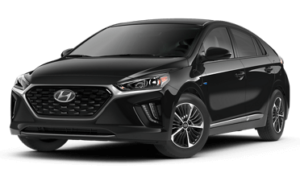
Plug-in SUV
Combined: 139 hp
Trims: SE, SEL, & Limited
MPG: 52
| Model | All Electric Range | Total Range | Level 1 Charging Time (120V) | Level 2 Charging Time (240V) |
|---|---|---|---|---|
| TUCSON Plug-in Hybrid | 33-mile range | 421-mile range | 6 hours (full charge) Est. 5 miles per hour |
2 hours (full charge) Est. 15 miles per hour * |
| 2022 SANTA FE Plug-in Hybrid | 30-mile range | 440-mile range | 6.5 hours (full charge) Est. 5 miles per hour |
3.5 hours (full charge) Est. 9 miles per hour * |
| IONIQ Plug-in Hybrid | 29-mile range | 620-mile range | 6 hours (full charge) Est. 5 miles per hour |
2.5 hours (full charge) Est. 12 miles per hour * |
EV Charger Installation for Hyundai Vehicles
Coming soon, Hyundai will offer home EV chargers via their Hyundai Home program. Until then, you have two options to charge your Hyundai vehicle at home.
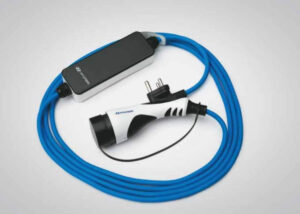
Level 1 Charging
Your Hyundai EV will come with a portable charger or in-cable control box (ICCB). You can use this cable to plug into any standard 120V outlet. This will charge your vehicle without having to have an electrician install an EV charger. However, you will get the lowest charging speeds at around 5 – 6 miles per hour.
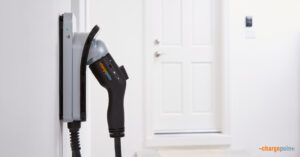
Level 2 Charging
With Level 2 charging, you have the option to charge your car at a higher speed. This can be done with a portable charger (reach out to your local Hyundai dealership to learn how to purchase) or with a wall charger. Depending on your EV type, you can get up to 29 miles per hour charged.
Level 2 charging usually requires the assistance of a professional electrician to install. You can choose to install a NEMA receptacle or a wall charger, like those provided by ChargePoint.
We are happy to provide you an estimate to install an EV charger for whichever Hyundai vehicle you have. Please visit this page to fill out a little bit of information on your home and vehicle. Shortly after you fill out the form, you will receive an automated email with an estimate. You can also call us at (818) 446-0888 to speak with someone on our Service Team.
